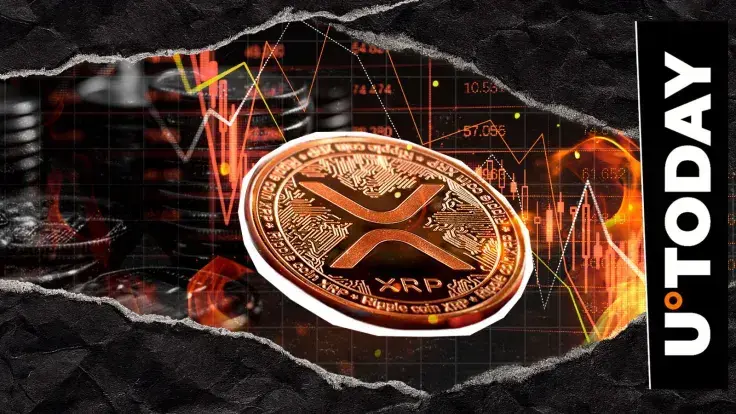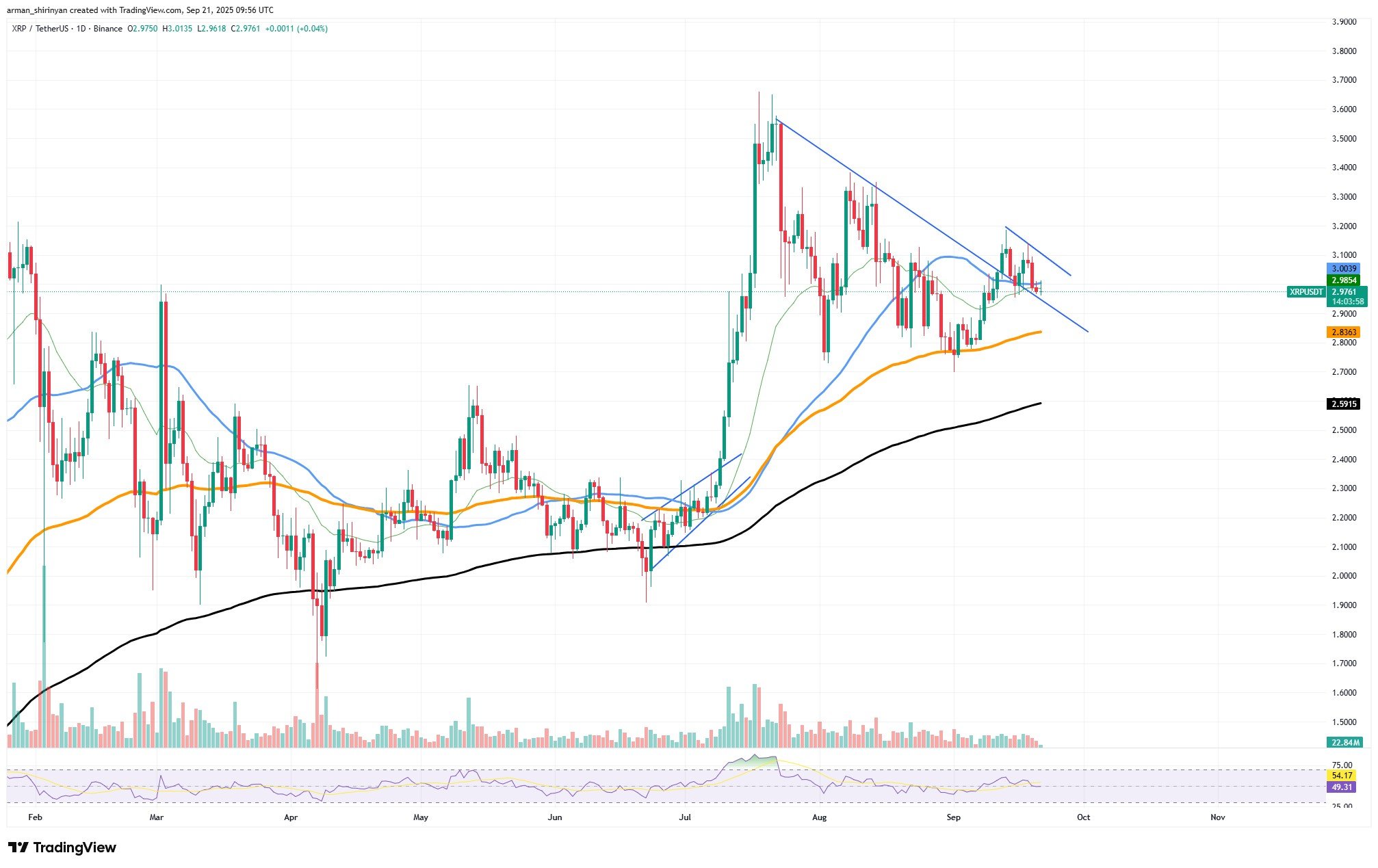
Disclaimer: The opinions expressed by our writers are their own and do not represent the views of U.Today. The financial and market information provided on U.Today is intended for informational purposes only. U.Today is not liable for any financial losses incurred while trading cryptocurrencies. Conduct your own research by contacting financial experts before making any investment decisions. We believe that all content is accurate as of the date of publication, but certain offers mentioned may no longer be available.
When it comes to tokenomics, XRP has always functioned differently from Ethereum or Shiba Inu. While SHIB actively destroys supply through coordinated burns and ETH introduced a fee-burning mechanism through EIP-1559, XRP's burn is exclusively connected to transaction fees on the Ripple network. XRP is only ever destroyed once users complete transactions, in which case the fee, typically a penny or less, is permanently taken out of circulation.
XRP's fees disappear
The quantity of XRP burned as fees has drastically declined over the last three months, becoming almost insignificant at this point. As of Sept. 21, data indicates that only 163 XRP had been burned in a single day, which is a significant decline from the July and early August peaks when network activity momentarily increased. The long-term dynamics of supply and the general use of XRP Ledger are seriously called into question by this consistent decline.

XRP lacks a protocol-level or community-driven mechanism to speed up burns in contrast to Ethereum or SHIB. Since burn rates are nearly zero, the effect on supply reduction is essentially meaningless. This calls into question one of the bullish theories that could be applied to XRP: Scarcity through destruction. XRP is stuck in its enormous circulating supply of almost 60 billion tokens without a proper circulation removal mechanism.
XRP in descending channel
To make matters worse, the chart indicates that XRP is battling under a downward channel with important supports located at $2.99 and $2.83. Failure to maintain these levels might hasten the decline. XRP's argument for scarcity-driven growth seems weaker than ever in the absence of burns strengthening long-term fundamentals.
The decrease in burns makes it clear that unless the Ripple ecosystem can significantly expand its on-chain utility, the supply of XRP will not change much and price growth will have to come from institutional adoption or speculation rather than tokenomics. Investors are left with difficult questions regarding the asset's long-term prospects as XRP's burn story fades into irrelevance.
 Vladislav Sopov
Vladislav Sopov Dan Burgin
Dan Burgin